Wagner Group’s Business Evolution: From Mercenaries to Bottled Water Ventures
The Wagner Group, after its leader Yevgeny Prigozhin’s death, is expanding into new businesses such as bottled water in the Central African Republic. Analysts indicate that these ventures serve a dual commercial and political purpose, aiming to assert Russian influence while diminishing French presence. The group continues to engage in lucrative mining operations and faces scrutiny from international observers regarding its practices and affiliations.
The Wagner Group, a notorious Russian mercenary organization, is evolving into new business territories post-its defunct status. Following the death of founder Yevgeny Prigozhin in a suspected Kremlin-directed assassination, the group’s ventures now include bottled water, named Crystal Water, sold in the Central African Republic (C.A.R.), indicating a significant shift from its prior military endeavors.
The launch of Crystal Water in late 2023 signifies one of many businesses that stem from Prigozhin’s investments, showcasing the fragmentation of his commercial empire. Research group C4ADS noted that while the original Wagner Group has dissolved, its commercial activities like mining continue, albeit lacking the once-centralized military command that characterized their operations. As new entities arise, they adapt to sanctions by operating under alternative names to evade identification.
Analysts suggest that these ventures serve dual purposes, both commercial and political. Lou Osborn, a researcher focused on Wagner, explained that such businesses undermine the influence of France, C.A.R.’s former colonial power, thus solidifying Russia’s presence in the region. Among Wagner’s significant commercial interests are mineral extraction operations in the C.A.R., which reportedly yield high revenues, with affiliated companies controlling numerous mines including Ndassima, which contains substantial gold reserves.
Public records reveal that Wagner-affiliated firms earned upwards of $500 million annually from mineral extraction and timber operations, facilitating the financing of Prigozhin’s endeavors. Entities like Lobaye Invest and Diamville SAU underline Wagner’s extensive reach in the C.A.R. market, considerably impacting the socio-political landscape.
The water bottling venture aligns with other products from the associated First Industrial Company, subtly establishing a monopoly on local goods while propagating Russian interests. Promotional campaigns highlight Russia’s offerings as superior, aiming to overshadow competitors like the French Castel Group while furthering political objectives. The aggressive expansion under leaders like Dmitry Syty displays an intricate network of influence and aims to strengthen ties between Russian businesses and C.A.R. leadership.
Beyond economic ambitions, Russia’s strategic maneuvers involve military integration and public relations efforts aimed at enhancing its image. Following Prigozhin’s death, a high-profile Russian delegation visited C.A.R. seeking to reassure leadership of continuous Russian support, affirming Syty’s role in Watson’s business operations. This interplay between commerce and geopolitics demonstrates a calculated initiative to reinforce Russian influence in the C.A.R.
First Industrial has faced scrutiny from various governments and international observers. Following sanctions from the U.S. Treasury against numerous Wagner-related companies, First Industrial was surprisingly delisted months later, raising questions about oversight and accountability. Concurrently, allegations regarding the quality of Crystal Water and its business practices have sparked discussions in international forums, highlighting the broader implications of Wagner’s enduring legacy in the C.A.R.
In summary, the transformation of the Wagner Group’s operations into ventures such as bottled water exemplifies a continued evolution of its commercial influence following the death of Yevgeny Prigozhin. The group’s activities not only serve to generate revenue but also reflect strategic efforts to reinforce Russia’s political and economic presence in the Central African Republic while undermining former colonial powers. This multifaceted approach encapsulates the ongoing complexity of Wagner’s relationship with local governance and international politics, raising concerns about operational transparency and ethical practices in the region.
Original Source: www.rferl.org
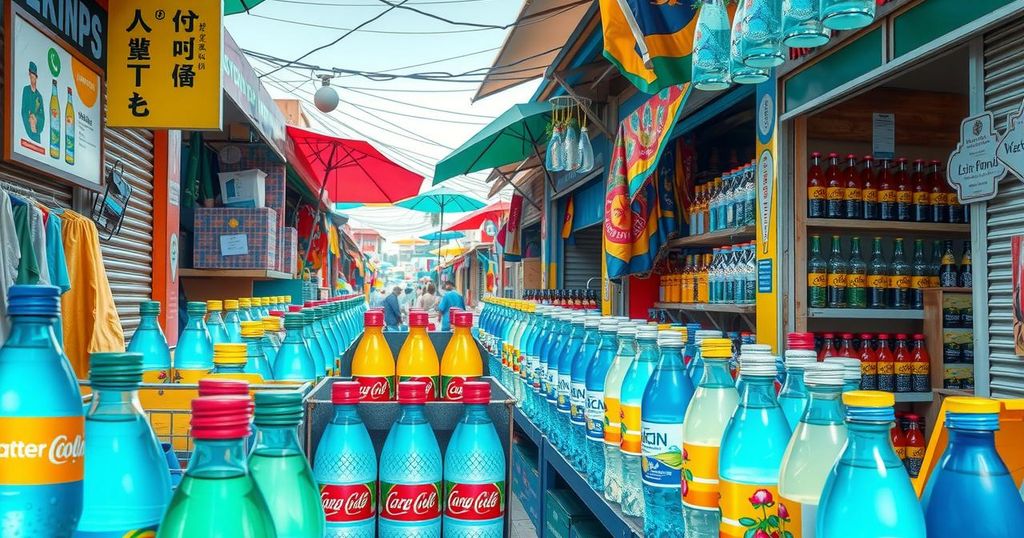
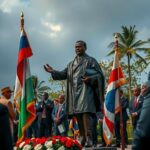
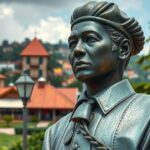

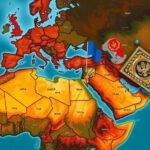
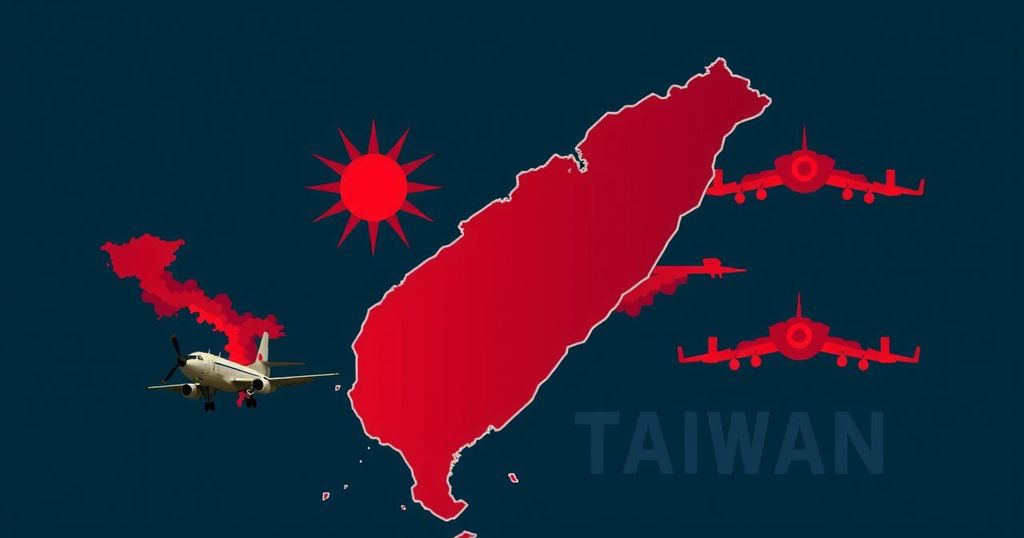
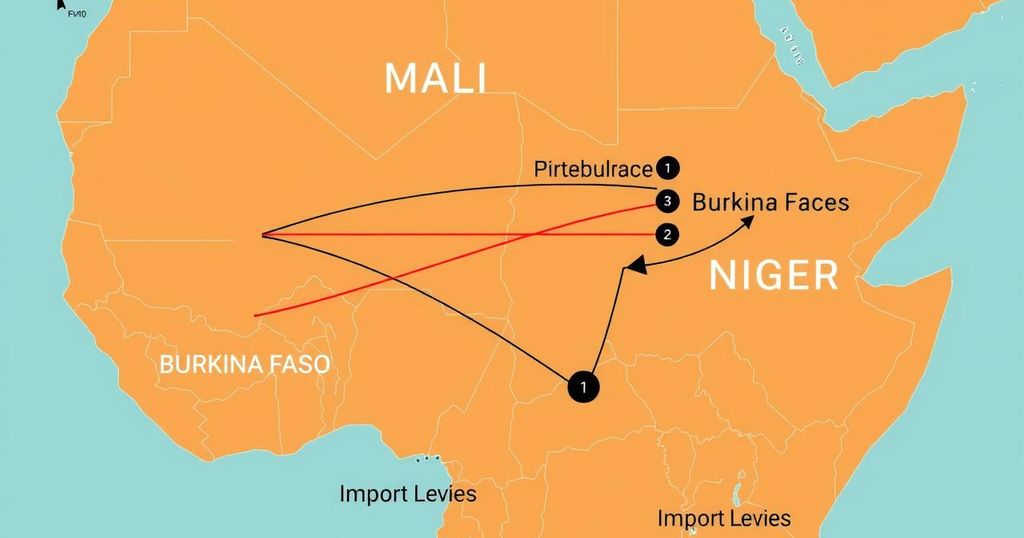
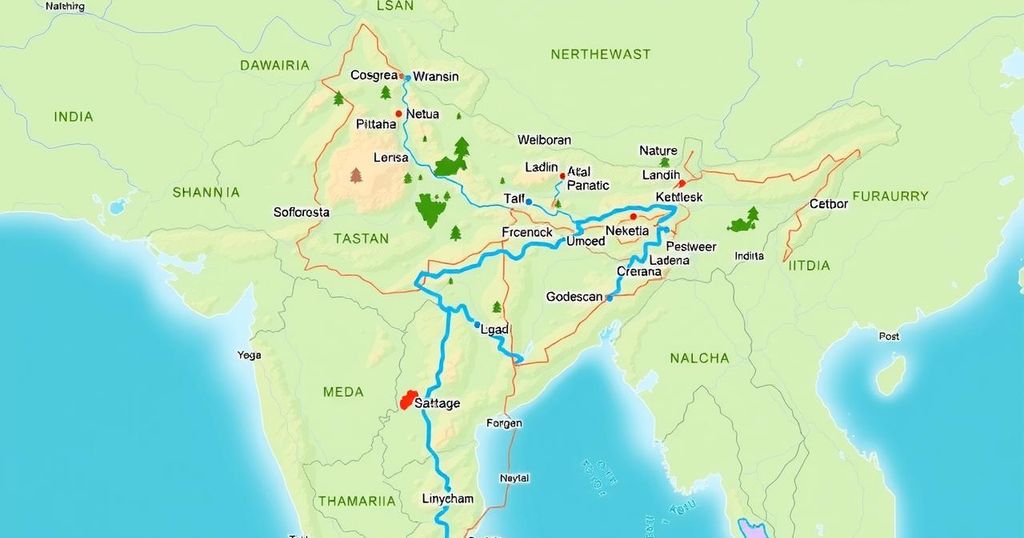
Post Comment